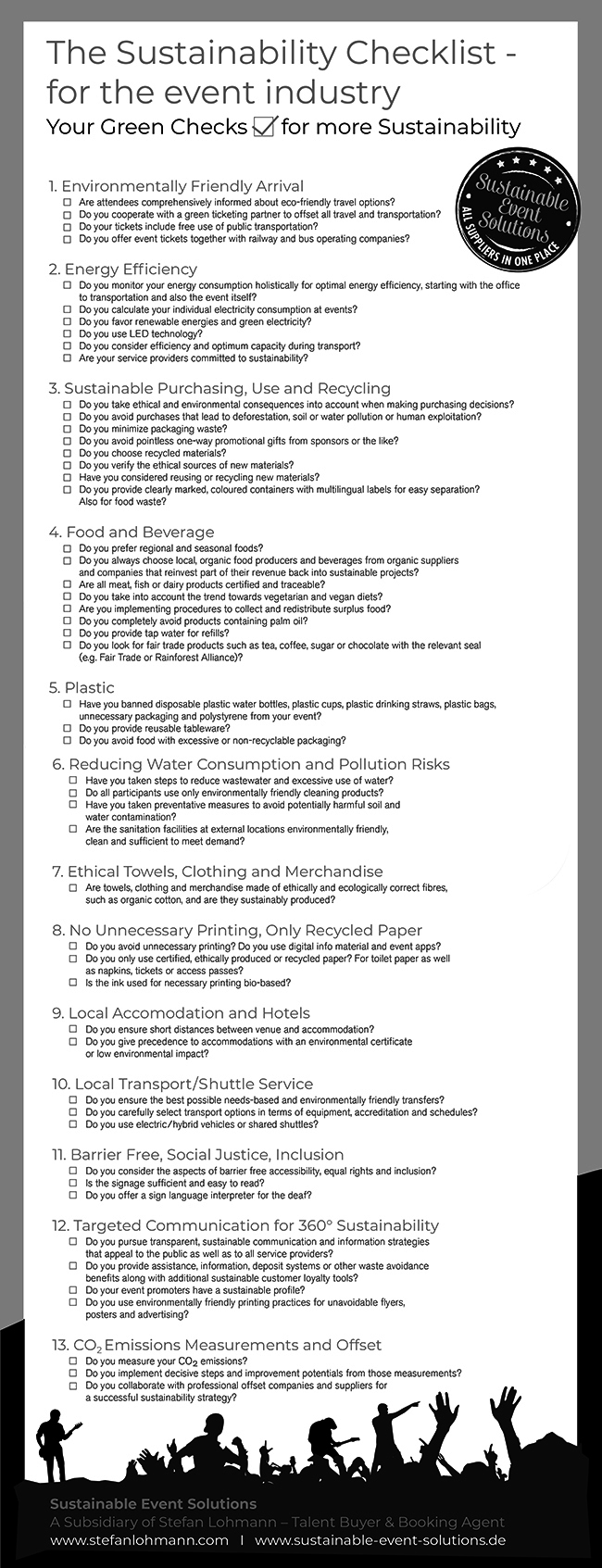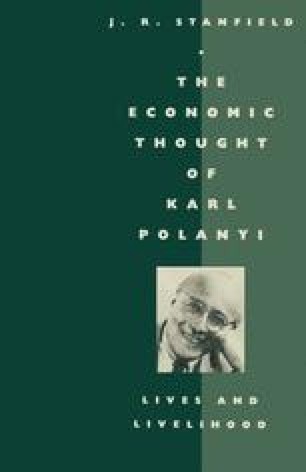


Furthermore, you now understand the opportunity cost of giving up more valuable time watching a movie you don’t enjoy. Think of this example: You buy a ticket to a movie and settle in only to realize halfway through that the movie is terrible-what do you do? Most people will sit through to the end, thinking if they leave their money will have been “wasted.” But if you think like an economist, you know sunk costs are already gone. Simply stated, a sunk cost is any cost that has already been incurred and therefore cannot be recovered regardless of future outcomes. Sunk cost is one of the most pervasive fallacies that an economist’s mindset can help you overcome. Some of the opportunity costs of obtaining a master’s degree may be less time to spend on hobbies or leaving the workforce for a couple years compare these opportunity costs to the benefits of having a master’s degree to make a rational, economist-like decision.

If getting a master's degree is something you are considering, think like an economist and weigh the costs and benefits of that decision. Understanding opportunity cost can help those who want to think like an economist to decide, for example, if going to graduate school is worth the cost. Opportunity cost teaches that nothing in life is free, even if it doesn't cost money. Opportunity cost is a fundamental economic theory and one of the most important to understand if you want to think more like an economist. The Cost of Something is What You Give Up.There are three basic concepts that form the foundation of economic thinking:
ECONOMIC THOUGHT FOR EVERY DAYLIFE PROFESSIONAL
Economists evaluate the “cost” of individual and social choices to determine the best choices for themselves or others in the face of this scarcity.Īssembling an intellectual toolkit similar to that of the economist can help you make smarter decisions in your professional and personal life. Economic theory is fundamentally about the idea of scarcity, the idea that everyone-individuals, corporations and governments-only have limited resources and must decide how and where those resources will be allocated. What does thinking like an economist mean?Īt its most basic, thinking like an economist means evaluating the facts without allowing opinion or logical fallacies to enter into the calculation. Once you learn to think like an economist, you will see how virtually all decisions-from something as small as where to go to dinner to whether to begin a new career or go back to school for a master’s degree-become clearer. Thinking like an economist can help avoid irrational decision-making, can aid professionals in improving the decisions that affect their lives and can help you better understand the world around you. Thinking like an economist can seem like a skill limited to solving problems of the marketplace, but this type of thinking can be applied in many areas outside the field of economics.


 0 kommentar(er)
0 kommentar(er)
